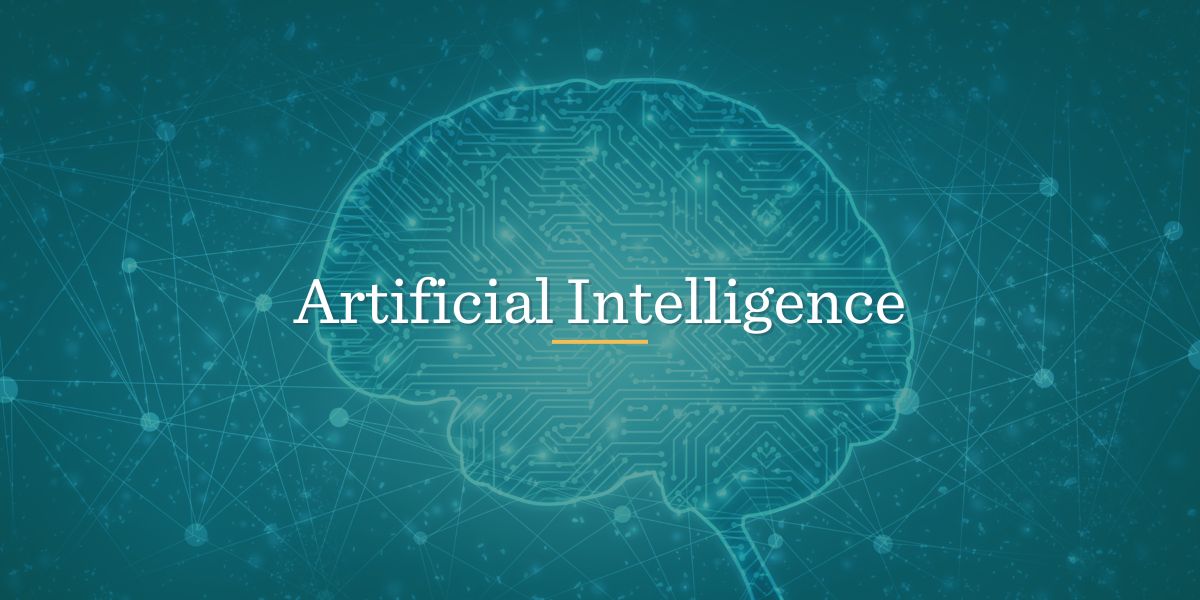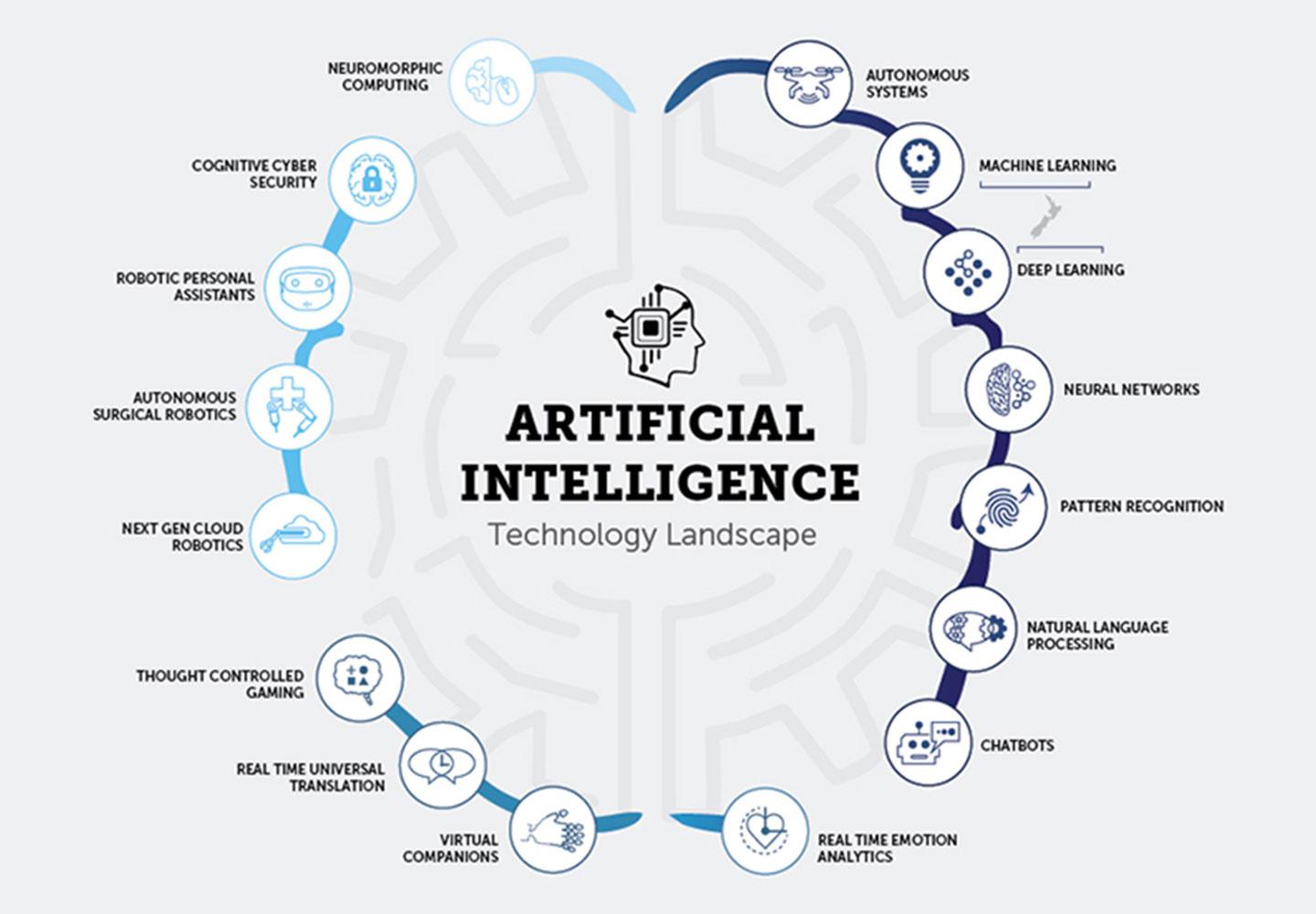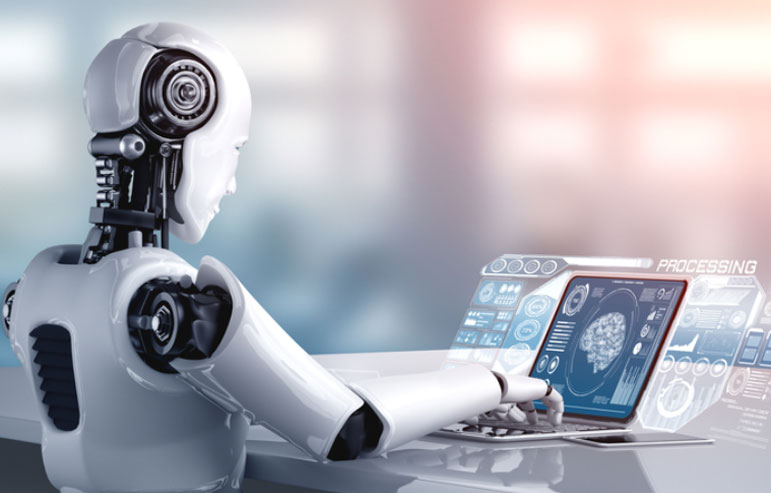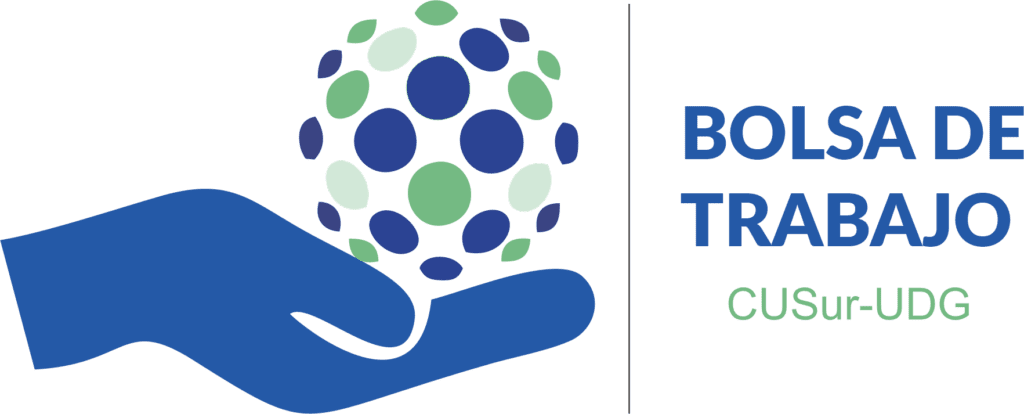
Nadiahafid
FollowOverview
-
Founded Date octubre 23, 1972
-
Sectors Agronegocios
-
Posted Jobs 0
-
Viewed 47
Company Description
ARTIFICIAL INTELLIGENCE aND tHE FUTURE OF EDUCATION
Technology is changing our world at an amazing rate! Its sweeping modifications can be found everywhere and they can be explained as both thrilling, and yewiki.org at the very same time terrifying. Although individuals in many parts of the world are still trying to come to terms with earlier technological transformations in addition to their sweeping social and academic implications – which are still unfolding, they have actually been awoken to the truth of yet another digital transformation – the AI transformation.
Expert System (AI) technology describes the capability of a digital computer or computer-controlled robot to perform jobs that would otherwise have actually been performed by people. AI systems are designed to have the intellectual procedures that characterize human beings, such as the ability to factor, find significance, generalize or find out from previous experience. With AI technology, large quantities of details and text can be processed far beyond any human capacity. AI can also be utilized to produce a vast variety of new content.

In the field of Education, AI innovation features the potential to enable new forms of mentor, finding out and instructional management. It can also improve learning experiences and support instructor tasks. However, regardless of its favorable potential, AI also postures considerable risks to students, the mentor community, education systems and society at big.
What are a few of these risks? AI can minimize teaching and discovering processes to estimations and automated tasks in methods that decrease the value of the role and influence of teachers and damage their with learners. It can narrow education to just that which AI can process, model and deliver. AI can likewise aggravate the worldwide lack of certified teachers through disproportionate spending on technology at the expense of investment in human capacity advancement.
Making use of AI in education likewise creates some fundamental concerns about the capability of instructors to act actively and oke.zone constructively in figuring out how and when to make cautious use of this innovation in an effort to direct their professional development, smfsimple.com find options to challenges they deal with and library.kemu.ac.ke improve their practice. Such basic concerns consist of:
· What will be the role of teachers if AI innovation end up being extensively implemented in the field of education?
%20Is%20Used%20In%20Biometrics.jpg)
· What will evaluations look like?

· In a world where generative AI systems appear to be developing brand-new capabilities by the month, what skills, outlooks and proficiencies should our education system cultivate?

· What modifications will be needed in schools and beyond to assist students plan and direct their future in a world where human intelligence and setiathome.berkeley.edu device intelligence would seem to have become ever more closely connected – one supporting the other and vice versa?

· What then would be the function or role of education in a world controlled by Artificial Intelligence technology where people will not always be the ones opening new frontiers of understanding and understanding?
All these and more are intimidating questions. They require us to seriously consider the issues that arise concerning the execution of AI technology in the field of education. We can no longer just ask: higgledy-piggledy.xyz ‘How do we prepare for an AI world?’ We must go deeper: ‘What should a world with AI appear like?’ ‘What functions should this effective innovation play?’ ‘On whose terms?’ ‘Who chooses?’
Teachers are the primary users of AI in education, and online-learning-initiative.org they are anticipated to be the designers and facilitators of trainees’ knowing with AI, the guardians of safe and ethical practice across AI-rich educational environments, and to function as function designs for lifelong learning more about AI. To presume these duties, instructors require to be supported to establish their capabilities to utilize the prospective advantages of AI while reducing its threats in education settings and wider society.
AI tools need to never be created to replace the genuine accountability of teachers in education. Teachers should stay responsible for pedagogical decisions in making use of AI in mentor and in facilitating its usages by trainees. For teachers to be accountable at the useful level, a pre-condition is that policymakers, teacher education institutions and schools presume obligation for preparing and supporting teachers in the proper use of AI. When introducing AI in education, legal securities need to likewise be established to safeguard instructors’ rights, and long-lasting monetary dedications need to be made to guarantee inclusive access by instructors to technological environments and standard AI tools as vital resources for adjusting to the AI period.

A human-centered method to AI in education is vital – a technique that promotes crucial ethical and
practical principles to help control and guide practices of all stakeholders throughout the whole life cycle of AI systems. Education, offered its function to safeguard in addition to facilitate development and learning, has an unique commitment to be totally aware of and responsive to the risks of AI – both the known threats and those only just appearing. But frequently the threats are neglected. Making use of AI in education for that reason requires cautious consideration, including an evaluation of the evolving roles teachers need to play and the competencies needed of instructors to make ethical and reliable use of Expert system (AI) Technology.
While AI offers opportunities to support instructors in both mentor along with in the management of finding out processes, significant interactions in between teachers and students and human growing must remain at the center of the instructional experience. Teachers ought to not and can not be changed by technology – it is vital to protect instructors’ rights and guarantee sufficient working conditions for them in the context of the growing use of AI in the education system, in the workplace and in society at big.

